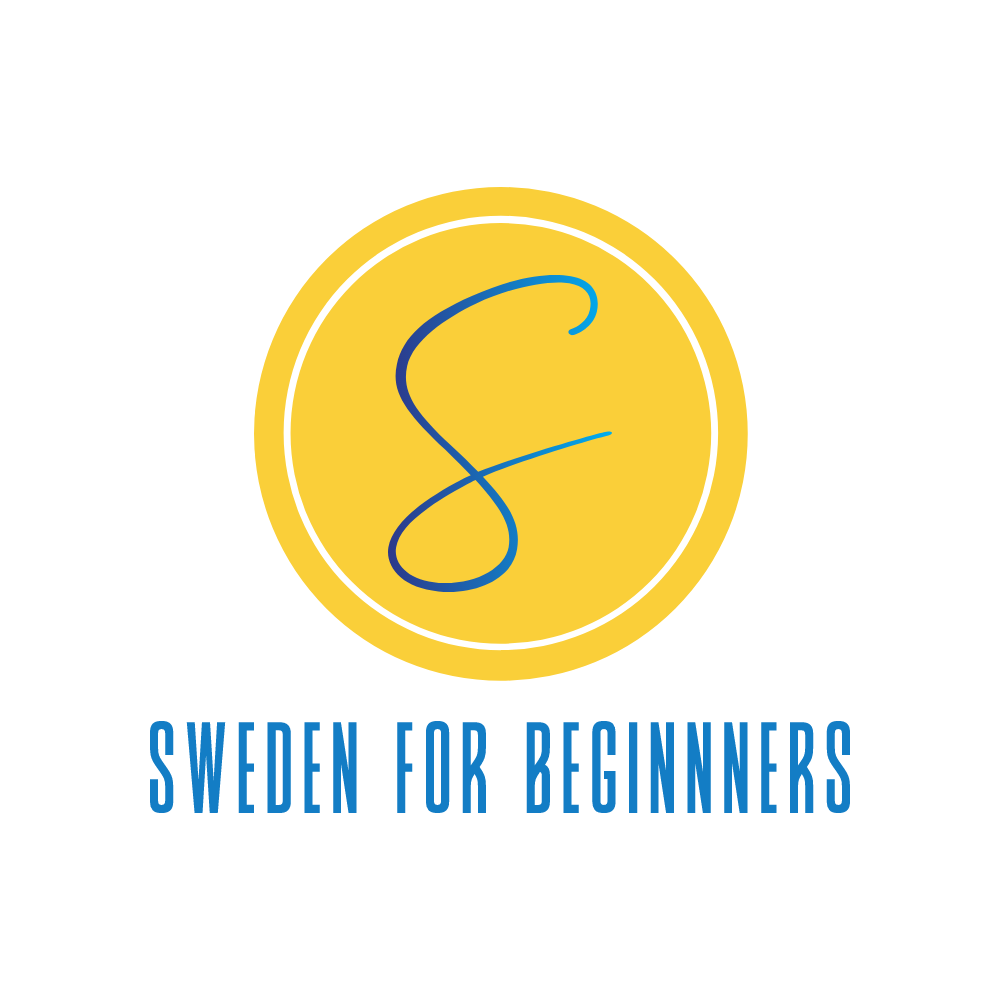How to swear like a Swede
All you need to know

First of all, you don’t need to know much.
I grew up in the Balkans: we have countless different ways to curse a person’s mother, father and all the members in someone’s family. Colorful metaphors involving various body parts are practically a national pastime. So no wonder that I've always been fascinated by how cursing works in different cultures.
In Japanese, you can insult someone badly just by using an inappropriate form of ‘you’.
Bill Bryson’s book Mother Tongue has a chapter on swearing, in which he says: “Some cultures don’t swear at all ... The Finns, lacking the sort of words you need to describe your feelings when you stub your toe getting up to answer a phone at 2am, rather oddly adopted the word ‘ravintolassa’. It means ‘in the restaurant’.”
Make no mistake, Finns have rude words: like saatana (Satan), perkele (devil – converted from the name of a pre-Christian thunder god), and helvetti (Hell).
These are also the basic set for cursing in Swedish, Norwegian and Danish.
The term for female genitals is one of the rudest words available in all Scandinavian laguages.
I would say that on the cursing spectrum between the Balkans and Japan, Swedes are much closer to Japan.
And maybe it's mellow compared to the Balkans, but Swedes do swear.
Traditionally, Swedes used words like "fan" (the devil) and "helvete" (hell) to express annoyance.
These days they're considered pretty tame.
Imagine your grandma freaking out because you said "darn!" That's kind of what it would have been like to curse in public Sweden in the 1800s.
Today, though, nobody bats an eye at these "mild swears" hanging out with friends. However, just like anywhere else, there's a time and place. Dropping a "helvete" while ordering a fika probably won't get you arrested, but it might raise some eyebrows.
Here's where things get interesting: unlike Balkan cultures where creativity with insults is an art form, Swedes tend to stick with the classics. Many see only the religious-based words as "true" swears, while others are just considered "bad" words. Words like "skit" (shit) fall into this category – a bit strong for polite conversation, but not earth-shattering.
Sex-related insults, on the other hand, are a different story. While they might be more common in some cultures (ahem, Balkans!), Swedes tend to find them more childish and even more offensive than the religious ones. So, if you're aiming for impact, maybe avoid them – you might just end up sounding like a teenager.
The mystery, of course, remains: why do Balkan nations have a whole Bible of swear words, while other cultures use only ten or so basic forms? There are many explanations, but one thing is sure: cultures that swear a lot also tend to be extended-family rather than nuclear-family societies.
And all extended-families are, to paraphrase Tolstoj, disfunctional in their own ways. What can you do but swear a lot? :)
One of the interpretation say that those who cannot have freedom seek an illusion of freedom in swearing. A kind of Cartisian "I swear, therefore I am!"
Anyhow, here’s the list of (some) Swedish curses that shows how nice Swedes really are (they never fornicate with your relatives or God) but they do have a problem with number 17. 😊
- damn: attans (aht-tans)
- damn it: förbaskat (foehr-bas-kat)
- f*ck: fy (fee) *round your lips when emphasizing the /ee/ sound
- devil: fan (faahn)
- satan: satan (sah-tahn)
- devils: jävlar (yav-lar)
- f*ck: jävla (yav-la)
- f*cking hell: helvete (hel-veh-teh)
- shit: skit (hweet)
- seventeen: sjutton (hoo-tohn)
- ass: röv (ruuhv)
- butt: stjärt (hoo-wet)
- asshole: rövhål (roehv-hol)
- idiot: idiot (ee-dee-yot)
- stupid person: pucko (pu-koo)



